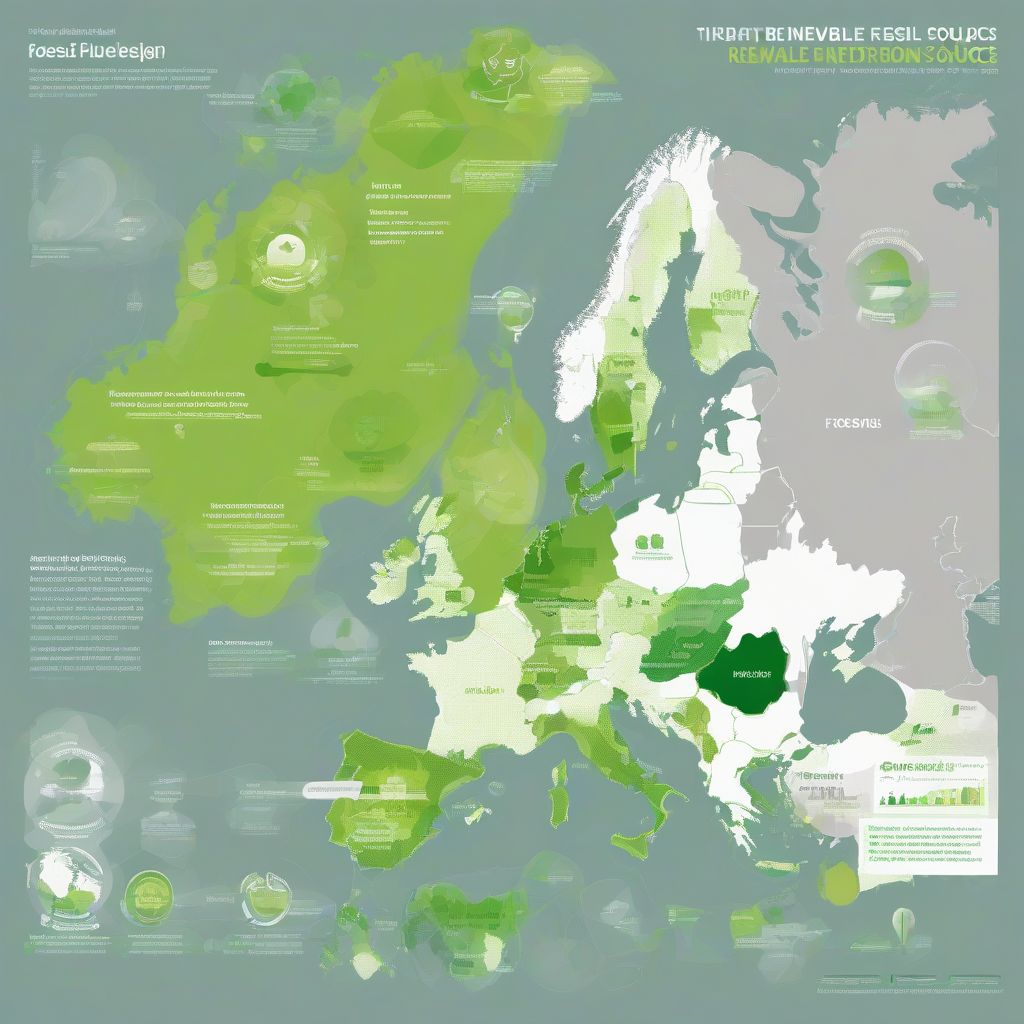Have you ever imagined a world powered by clean energy, where the air is fresh and the climate stable? This dream is becoming a reality as the world increasingly shifts away from fossil fuels, especially coal, towards sustainable alternatives. This transition, while complex and challenging, is vital for the health of our planet and the future of generations to come.
Understanding the Urgency of the Shift
The burning of fossil fuels, particularly coal, is the primary driver of climate change. Coal combustion releases massive amounts of greenhouse gases, contributing to global warming, extreme weather events, and rising sea levels. The scientific consensus is clear: we must drastically reduce our reliance on these fuels to mitigate the worst impacts of climate change.
Environmental Impacts of Fossil Fuels
The environmental consequences of fossil fuel dependence are far-reaching. Beyond climate change, coal mining devastates landscapes, pollutes water sources, and releases harmful air pollutants that contribute to respiratory illnesses. These impacts disproportionately affect vulnerable communities, highlighting the social justice dimension of the energy transition.
The Economic Case for Renewable Energy
While the initial investment in renewable energy infrastructure can be significant, the long-term economic benefits are undeniable. Renewable energy sources like solar and wind are becoming increasingly cost-competitive with fossil fuels. Moreover, the transition to a clean energy economy creates new jobs in manufacturing, installation, and maintenance, offering a pathway to sustainable economic growth.
 Global Shift from Fossil Fuels
Global Shift from Fossil Fuels
Driving Forces Behind the Transition
Several factors are accelerating the global shift away from fossil fuels and coal.
Technological Advancements
Rapid advancements in renewable energy technologies have made solar, wind, and other clean energy sources more efficient and affordable. Battery storage technology is also improving, addressing the intermittency challenges of renewables.
Policy and Regulation
Governments worldwide are implementing policies to encourage the adoption of renewable energy and phase out fossil fuels. Carbon pricing mechanisms, renewable energy targets, and stricter emission standards are driving the transition. The Paris Agreement, a landmark international accord, sets a framework for global climate action and further accelerates the shift.
Investor Pressure and Market Forces
Investors are increasingly divesting from fossil fuels and pouring capital into renewable energy projects. This shift in investment reflects the growing recognition of the financial risks associated with fossil fuels and the long-term potential of clean energy.
Public Awareness and Activism
Growing public awareness of climate change and its impacts has fueled a global movement demanding action. Climate activism and public pressure are playing a crucial role in holding governments and corporations accountable and pushing for a faster transition.
Challenges and Opportunities
The transition away from fossil fuels is not without its challenges.
Infrastructure Development
Building a robust renewable energy infrastructure requires significant investment and planning. Grid modernization, transmission lines, and energy storage solutions are essential for integrating renewables into the energy system.
Geopolitical Considerations
The shift away from fossil fuels has geopolitical implications, as countries grapple with energy security and resource dependence. International cooperation and strategic partnerships are crucial for navigating these challenges.
Just Transition
Ensuring a just transition for workers and communities dependent on the fossil fuel industry is paramount. Retraining programs, economic diversification, and social safety nets are essential to support those affected by the transition.
A Brighter Future Powered by Clean Energy
Despite the challenges, the global shift away from fossil fuels and coal represents a historic opportunity. Embracing clean energy will not only mitigate climate change but also create a healthier, more sustainable, and prosperous future for all.
The Role of Individuals in the Transition
Each of us has a role to play in accelerating the shift towards clean energy. We can make conscious choices to reduce our energy consumption, support businesses committed to sustainability, and advocate for policies that promote renewable energy.
Conclusion
The global shift away from fossil fuels, particularly coal, is a complex but necessary transition. Driven by technological advancements, policy changes, market forces, and public awareness, this shift offers a pathway to a cleaner, more sustainable future. While challenges remain, the opportunities presented by a clean energy economy are immense. By working together, we can accelerate this transition and create a world powered by renewable energy, where clean air, a stable climate, and a healthy planet are a reality for all. We encourage you to share your thoughts and ideas on this important topic in the comments below, and share this article with others who are passionate about a sustainable future. Explore our other articles on renewable energy and sustainable living to learn more and join the conversation.



